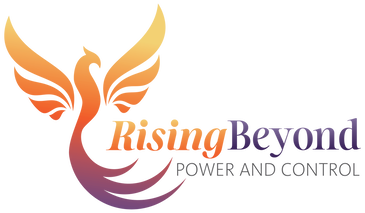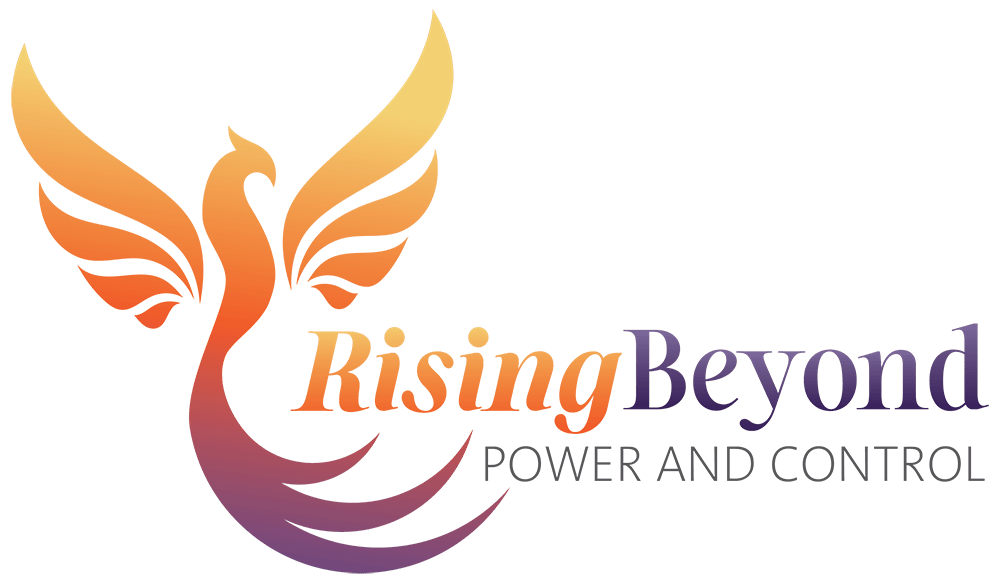What is Domestic Violence?
Domestic Violence (also known as Intimate Partner Violence) is a systematic and willful pattern of power and control perpetrated by one intimate partner against another and includes, but is not limited to intimidation, physical assault, sexual assault, psychological and/or emotional abuse, and economic coercion. (See Power and Control Wheel.)
What is Narcissistic Abuse?
Narcissistic Abuse is a specific type of domestic violence (also known as intimate partner violence) that is characterized by the creation of a false depiction of themselves (the abuser) to gain access to and then take advantage of their victim(s). They create the false perception that they have the victim’s best interests at heart when making decisions and in their behaviors and initially feign remorse for any “mistakes” or misdeeds. They then use a systematic and willful process of emotional abuse, psychological abuse and manipulation, financial abuse, and the myths believed in mainstream culture about domestic violence to gain and maintain power and control over their victim. Narcissistic abuse will always exhibit post separation abuse if and when their partner leaves the relationship.
While not all perpetrators of Narcissistic Abuse would meet all of the criteria for Narcissistic Personality Disorder, they would likely rank very high on narcissistic traits.
While not all perpetrators of Narcissistic Abuse would meet all of the criteria for Narcissistic Personality Disorder, they would likely rank very high on narcissistic traits.
What is Coercive Control?
While Coercive Control is not a new term, it is a newer term with regards to domestic violence and narcissistic abuse, and it is imperative for you and the professionals you are working with understand its role in your experience.
According to the renowned expert, Evan Stark, coercive control behavior is defined as “making a person subordinate or dependent by isolating them from sources of support, exploiting their resources and capabilities for personal gain, depriving them of the means needed for independence, resistance, and escape, and regulating their everyday lives.”
When I talk about how an abuser strips away your sense of self and autonomy, coercive control is what I am talking about.
Stark also has said that coercive control is creating “hostages at home.”
For domestic violence and narcissistic abuse to work the ways in which they work, coercive behaviors will be present in your relationship. Here are some examples of coercive control behaviors:
According to the renowned expert, Evan Stark, coercive control behavior is defined as “making a person subordinate or dependent by isolating them from sources of support, exploiting their resources and capabilities for personal gain, depriving them of the means needed for independence, resistance, and escape, and regulating their everyday lives.”
When I talk about how an abuser strips away your sense of self and autonomy, coercive control is what I am talking about.
Stark also has said that coercive control is creating “hostages at home.”
For domestic violence and narcissistic abuse to work the ways in which they work, coercive behaviors will be present in your relationship. Here are some examples of coercive control behaviors:
- Controlling what you wear, where you go, and when you can sleep
- Preventing you from getting medical or mental health care
- Repeatedly putting you down or calling you names
- Gaslighting to the point they are causing you to question and doubt your own reality
- Humiliating you in public
- Preventing you from accessing money or covertly making you financially dependent on them
- Stonewalling or giving you the silent treatment
What is Narcissistic Abuse Recovery?
What does it mean to recover or heal from domestic violence or narcissistic abuse? I am not sure that there is a universal answer to this question. So my answer…”It depends.”
Your healing journey depends on so many different factors such as:
Your healing journey depends on so many different factors such as:
- Are you/were you legally married?
- Do you share children with your abuser?
- How old are your children?
- How financially dependent have you been on your abuser?
- What is your experience with your family of origin?
- What is your current level of emotional support?
- Do you have previous mental health conditions?
- Are you able bodied?

Why are these factors so important to look at when visualizing your healing journey?
They will determine where you are going to start your journey, who you need to support you on your journey, what level of contact you will have to maintain with your abuser, and if the trauma from your abusive relationship will exacerbate other mental health issues you already experience.
So, instead of me telling you what recovery or healing looks like, I want you to think about what you want your life to look like. What would a life look like where you are content, have stability, can make autonomous decisions, feel confident in who you are and what you can do, and find some joy?
Some of the common strategies or areas of focus for healing from domestic violence are:
If you are not sure where you need to start on your journey, The Rising Beyond Community may be for you. You will get support from trained therapists and survivors as you determine what a life healed will look like for you. And once you have determined where you want to go, we will help provide you the strategies you need to get there.
They will determine where you are going to start your journey, who you need to support you on your journey, what level of contact you will have to maintain with your abuser, and if the trauma from your abusive relationship will exacerbate other mental health issues you already experience.
So, instead of me telling you what recovery or healing looks like, I want you to think about what you want your life to look like. What would a life look like where you are content, have stability, can make autonomous decisions, feel confident in who you are and what you can do, and find some joy?
Some of the common strategies or areas of focus for healing from domestic violence are:
- Education. It is important to understand what you’ve gone through, the tactics used to harm you, what you might expect post separation, and how to mitigate the post separation abuse that may occur.
- Regulating Your Nervous System. Your nervous system is set up to protect you and keep you alive. It’s been on overdrive trying to predict what’s coming and what it needs to do to keep you safe. It is important to learn ways to get out of those fight/flight/freeze states in order to fully heal and be able to set boundaries, do the trauma work, and build your autonomy and sense of self.
- Redefining Your Sense of Self. One of the most horrific consequences of domestic violence and narcissistic abuse is the loss of your sense of self. Reconnecting with your values, your likes and dislikes, your needs, and passions is extremely important as you heal.
- Creating a Strong Inner Circle of Support. Especially if you start identifying inappropriate or abusive patterns in your family of origin, creating a safe inner circle of support is imperative. This may include family and friends, advocates, attorneys, therapists, and other survivors. You need a place where it is safe to feel safe.
- Safety. If your basic safety is in jeopardy, then you will be unable to attend to any of these other strategies. If you are not safe, please visit our resource page to get some options for safety planning and outside help.
If you are not sure where you need to start on your journey, The Rising Beyond Community may be for you. You will get support from trained therapists and survivors as you determine what a life healed will look like for you. And once you have determined where you want to go, we will help provide you the strategies you need to get there.
Join Us
Ready to jumpstart your healing and join a supportive community?
Rising Beyond offers different membership tiers.
Rising Beyond offers different membership tiers.

